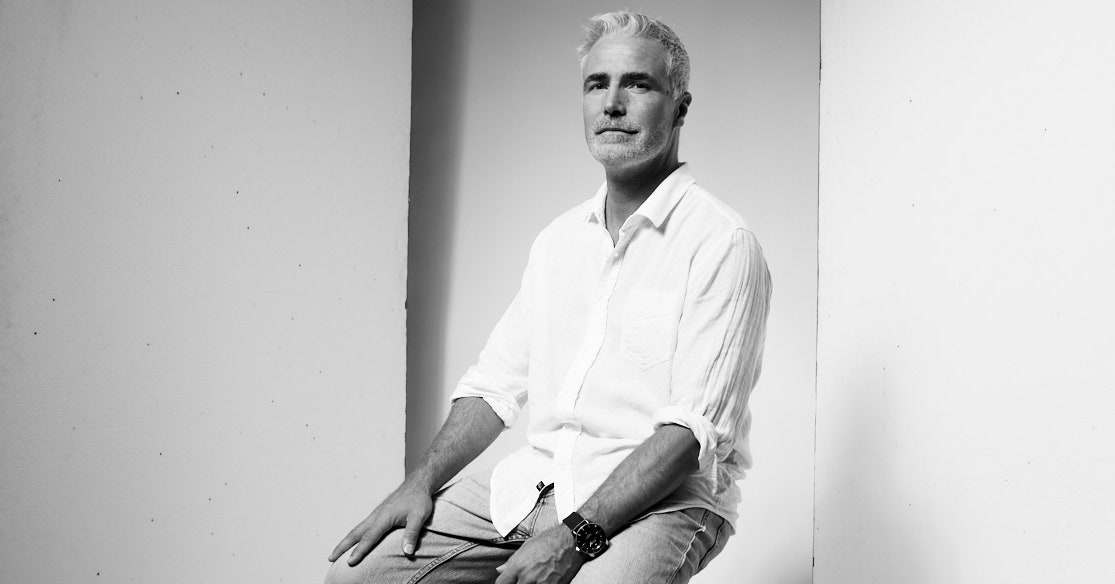In May 2006, Stockholm was the unlikely frontline in the battle for the future of the music industry. The city’s police raided the Swedish file-sharing site, The Pirate Bay, and seized its web servers, temporarily halting global operations. Across town, a young entrepreneur named Daniel Ek was about to launch Spotify.
It was a turning point, says Mattias Tengblad, a former musician who had just taken over as commercial director at Universal Music in Sweden. “The case went to hell. We had politicians defending young people for using The Pirate Bay, and people felt the industry was done in its current form,” he says. “But in no time, Spotify had a million subscribers. In a few years it had 2 million Swedish users out of a population of 9 million.”
But while Spotify was once the solution, today it’s the problem. In July 2022, the UK’s Competition and Markets Authority (CMA) reported that artists with 1 million monthly Spotify streams were earning just £12,000 (approximately $15,000) a year after deducting major label fees. The modern template gives artists little control over how and when their music is released, but it still requires them to do much of the promotional work necessary to stand out among the 70,000 new releases that appear on Spotify each day. Singer Halsey publicly complained about her label for blocking her release of new songs. “I have sold over 165 million records. My record company says I can’t release unless I fake a viral moment on TikTok,” she said.
Tengblad – who once toured in a semi-successful band called Kosmic – hopes Sweden has the solution again. He is the co-founder and CEO of Corite – as in “cowrite” – a platform that allows artists to crowdfund new releases. Fans get a small share of each track’s profits; artists retain creative control and a larger slice of the pie from sales and streams. Corite takes a 5 percent discount.
“To get signed, you have to get about 1 million streams a month and be big on social media,” says Tengblad. ‘But why not see if you can earn the money yourself at that time? You already have the community, the platform and the appeal – that’s where Corite fits in.
Tengblad founded the company in 2019 with Emil Angervall, an industry veteran with whom he has worked closely for 20 years. Artists who have migrated to Corite from major labels include DJ Alan Walker, one of Spotify’s top 100 most-streamed artists of all time. Walker raised $25,000 through Corite to crowdfund the recent single “Unity,” which was streamed more than 4.1 million times in its first month. The hope is that the job will generate around £6.3 million over the next five years, says Tengblad, giving early investors a return of five to 10 times their initial investment.
But making money isn’t necessarily Corite’s main selling point. Fans invest in small chunks: no more than $10 at a time, and no investor has a portfolio worth more than $1,000 at the time of writing. It’s more about engagement. “If you have 3,000 fans who have all invested $10 to actively work in your favor, that’s huge,” says Tengblad. “If Alan Walker had wanted to, he could have had a rich man finance the whole amount, but it would have been no use. What is that one man going to do to promote it?”

